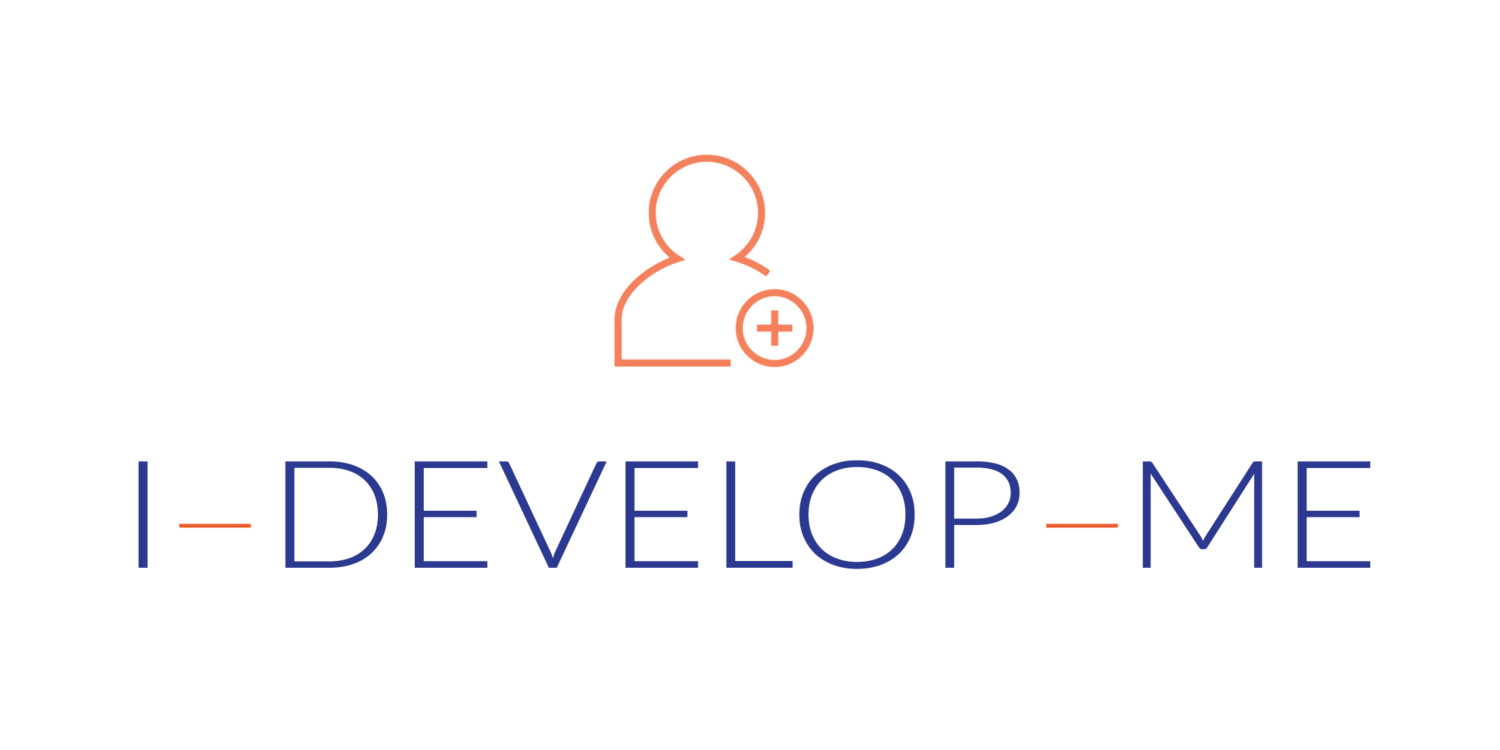In times of change and organisational restructuring a good resume is the ticket to your next role. Over this week and the next I'll be covering the basics of resumes. Here is my first post on the topic - the top 10 do's!
Lets face it. Resumes are hard. They are hard because we don't do one very often. They are hard because they get out of date quickly and they are hard because mostly we don't know what a prospective employee is looking for. The job ad may detail a number of things and you may have addressed them in your cover letter and/or resume and you still don't get an interview. Ugh!
I would like to say the process of choosing candidates for interviews is scientific but often it's not. I mean, there is a correlation between choosing resumes that match the selection criteria but it's sometimes a little random. Humans are not particularly rational (despite what some humans tell you) so no matter how closely your resume meets the specification you may or may not get chosen. That's life and unless you have been discriminated against you should just move on. Big companies now use sophisticated resume selection and recruitment software but I'm a little sceptical about how effective it is, though there isn't much choice when you receive hundreds of applicants for any given role.
So what are my top tips for creating or updating your resume?
- Include basic contact information: You don't need to provide two email addresses, two phone numbers and your home address. Cut it down. I think a mobile phone number and an email address is adequate. Put them in the header or footer. Will look good and be easy to find.
- Have a "normal" email address. No bunnybuns69@hotmail.com and no sexymamma81@gmail. Also don't use your current work email address. That's just bad form.
- Be crystal clear. You can always say something in less words. Make sure you do. Be succinct and if you are not good at this get a friend to read it for you and ruthlessly edit.
- Be short. I have seen a candidate for a senior role get the job on a one page resume. It can be done. I think 2-3 pages is fine. No more.
- Stick to the highlights. No one wants to read War and Peace. No one. I promise, your work history is not that interesting.
- Be relevant. To the job vacancy. That is all. You look like an idiot when you apply for a job with nothing that matches what the company is looking for. Overseas students pay attention.
- Spell check. I can forgive one, maybe two spelling mistakes or typos. More pedantic people will not and if writing is part of the job, you are done for.
- Only include your highest and most relevant qualifications. A massive list of certificates obtained by attending time management 101, team building for dummies and "intro to excel" have no place on your resume.
- Don't flick it. Online job boards make it very easy to apply for jobs. Don't apply for everything that looks even slightly up your alley. It wastes everyone's time.
- Tailor your resume for every role you apply for. That might sound like hard work but you should be choosey what you apply for and not apply for that many roles at the same time.
What would you like to hear about in regards to resumes? What do you struggle with?
Lisa xx




